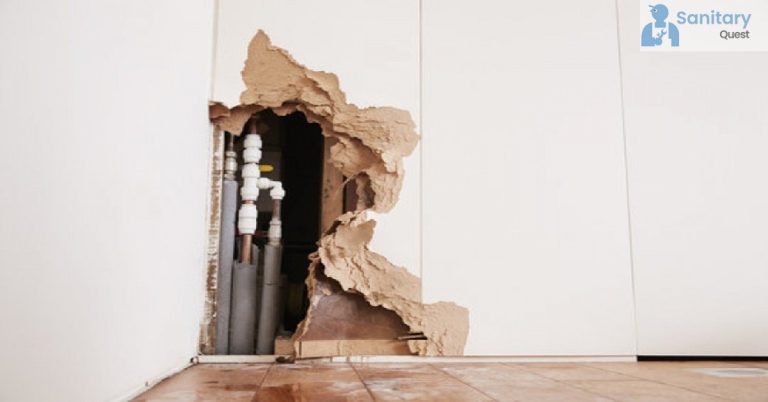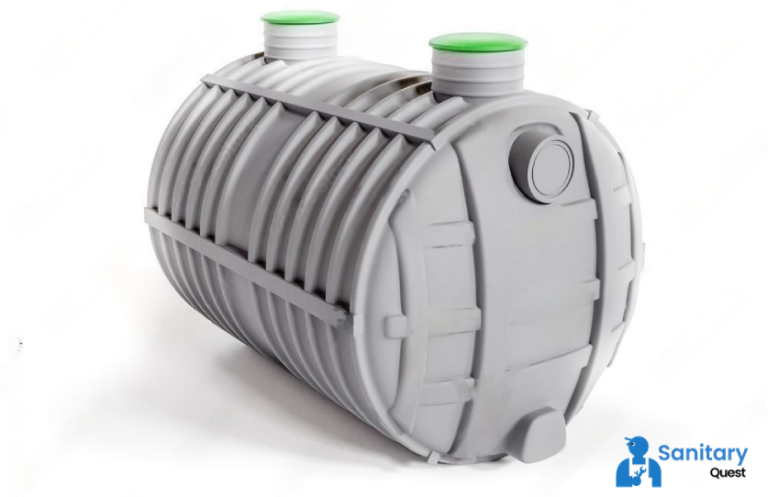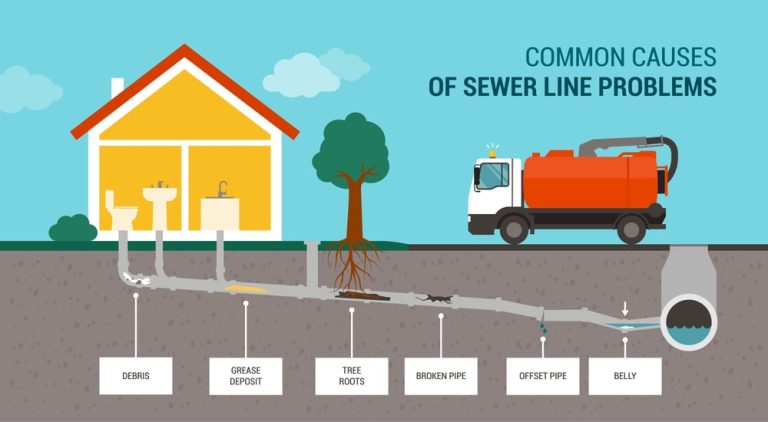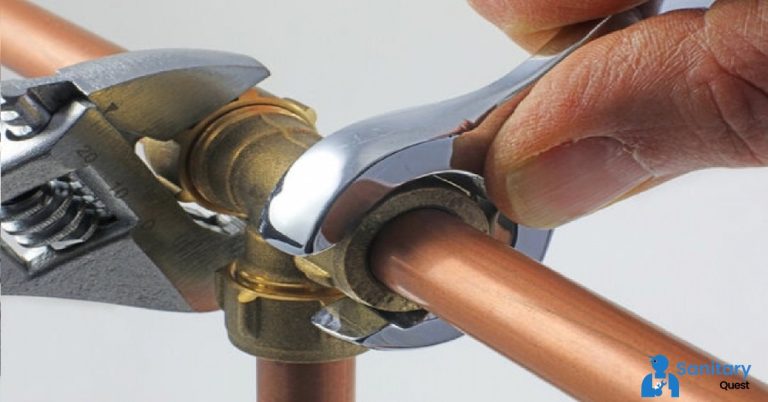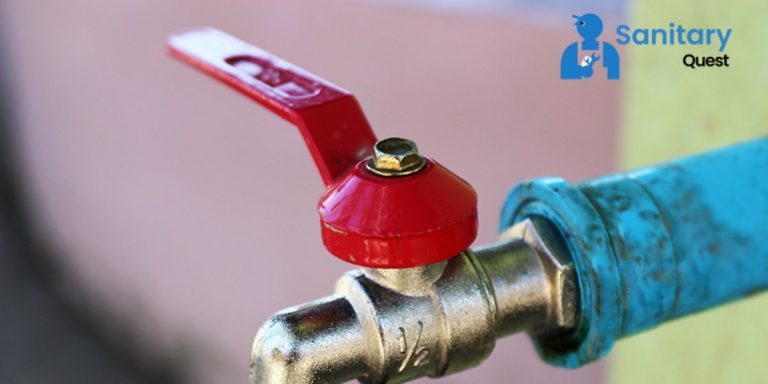Leaky Hot Water Heater: Fix or Replace?
Maybe you discovered some trickling in your air conditioning room while getting a few athletic gears out of capacity. Or on the other hand, the heated water storage needs to be more behaved, and you choose to look at it. Despite how you understood your water Heater was spilling, you realize you’re in a difficult situation when water is outside the tank.
Ideally, you could get the release ahead of schedule before it caused any significant water harm.
Can a Leaky Hot Water Heater Be Repaired?
A defective water Heater can generally be fixed; whether it ought to depends upon the reason for the release, its seriousness, and the age of the unit. Incessant fixes and significant effectiveness issues can wind up costing much something other than supplanting the unit with another water radiator.
Should I Fix or Replace My Leaky Water Heater?
There are different variables to consider as you figure out how to manage your water Heater— fix or supplant.
- Age It’s not incredible that heated water storage tanks just six years of age will come up short. If your water heater is close to the 8-to-12-year point when most water radiators break down, you may be in an ideal situation to supplant it. Tankless Water heaters, then again, have a normal life expectancy of 20 years or more, so on the off chance that yours is tankless, it might have more years to give you after an authorized handyperson performs maintenance.
- Hot Water Heater Leaking Water from Bottom On the off chance that you have a water heater spilling from the lower part of your water heating appliance, it very well might be from the residue and mineral development consumed through the tank. For this situation, the water radiator should be supplanted. Furthermore, the channel valve could fizzle. Provided that this is true, a channel valve fix might be required.
- Hot Water Heater Leaking Water from Top When heated water storage is spilling from the top, it may be the channel valve, temperature tension help valve, or a releasing joint. The arrangement might be as straightforward for these issues as supplanting a section.
- Hot Water Heater Leaking from Temperature & Pressure Relief Valve The temperature and strain alleviation valve’s responsibility is to set pressure free from the tank when the water tension or temperature is excessively high. A flawed tension help valve in the hot water radiator might mean your indoor regulator is set excessively high, the water strain should be decreased, and the valve should be supplanted.
- Unit Efficiency On the off chance that you notice your water isn’t warming up or running out of intensity excessively fast, your water radiator might be breaking down or not holding heat as expected. It’s likely a chance to supplant it, regardless of whether the hole can be fixed.
Get Expert Help for a Leaky Water Heater
A bad water radiator can cause broad property harm whenever left unrestrained. The maintenance can go from, at some point, moderately easy to a full substitution. If you notice water spilling from your water radiator, have it looked at by an expert handyman. Your nearby experts at Sterlie Journey can get to the issue rapidly and offer you the ideal choice for maintenance or substitution. Contact your nearby sterile journey.
FAQs
Q1: Is it necessary to replace my water heater if it’s leaking?
If your water heater is leaking, the severity of the leak and the age of the heater are key factors to consider. Small leaks, especially from valves or fittings, might be repairable. However, significant leaks or those originating from the tank itself could indicate structural damage or corrosion, often signaling the need for a replacement.
Q2: Is it preferable to replace or repair a water heater?
Determining whether to repair or replace a water heater depends on various factors. If the issue is minor, like a faulty valve or a small leak, repairing might be more cost-effective. However, if the heater is old, experiencing recurrent problems, or if the repair costs are significant, replacement could be a more prudent long-term solution.
Q3: How long will a water heater endure after it starts leaking?
The longevity of a water heater after it begins leaking varies significantly. Small, manageable leaks might persist for a while without significantly impacting the heater’s functionality. However, significant leaks often indicate more serious damage, potentially leading to the heater’s failure.
Q4: Can a leaking water heater rupture?
Yes, a leaking water heater can potentially rupture. If the leak persists without repair, the pressure within the tank might cause the weakened area to give way, leading to a rupture. This rupture can result in a significant and sudden release of water, potentially causing damage to the surrounding area and posing safety risks. It’s crucial to address any leaks promptly to prevent such a situation.



